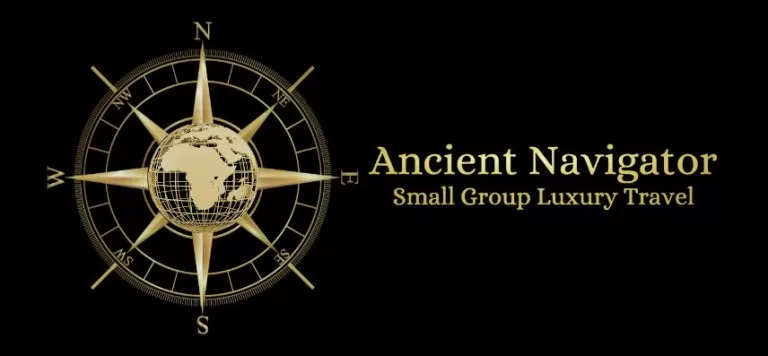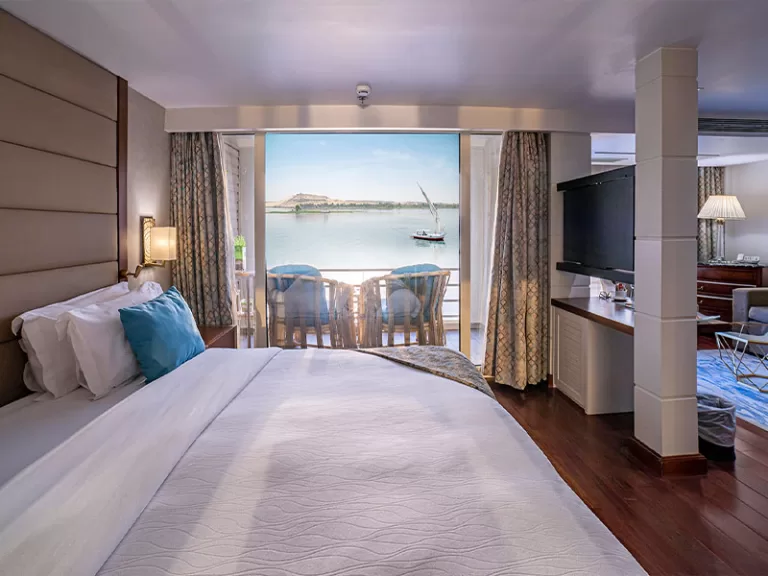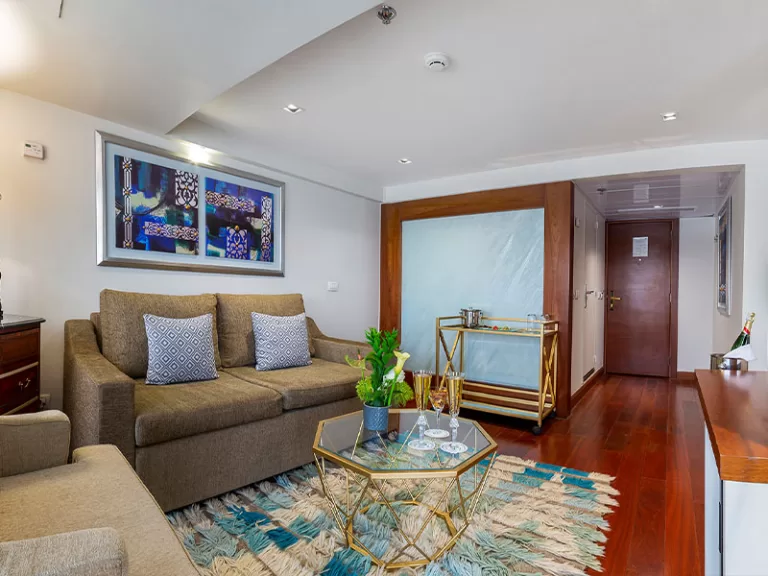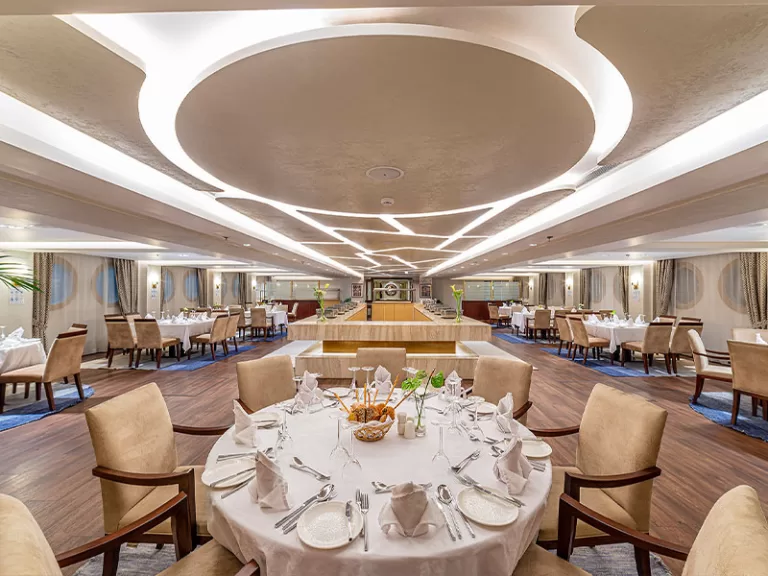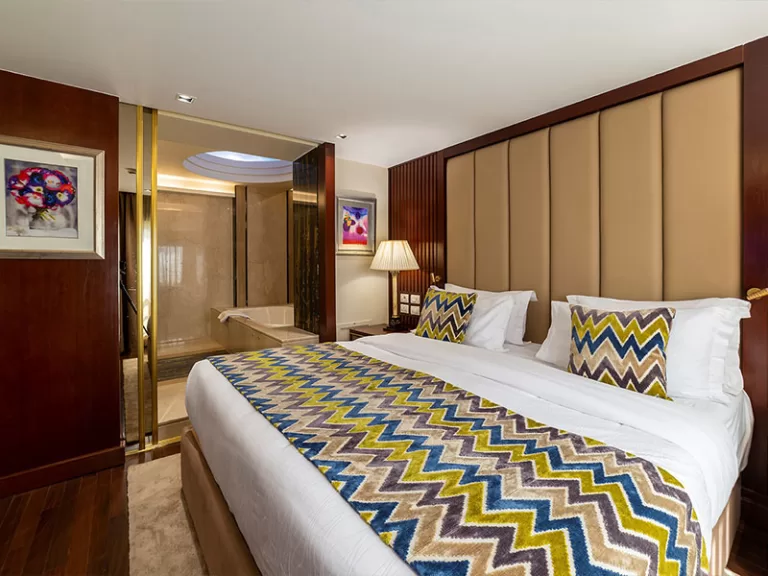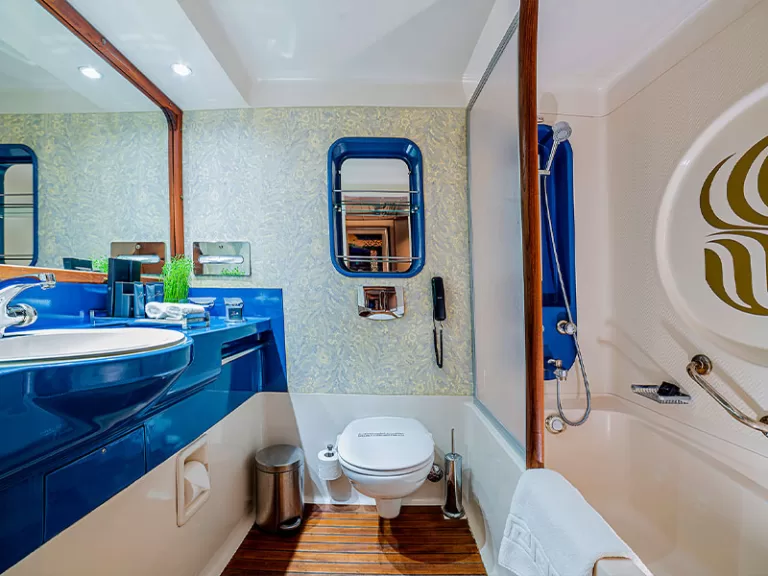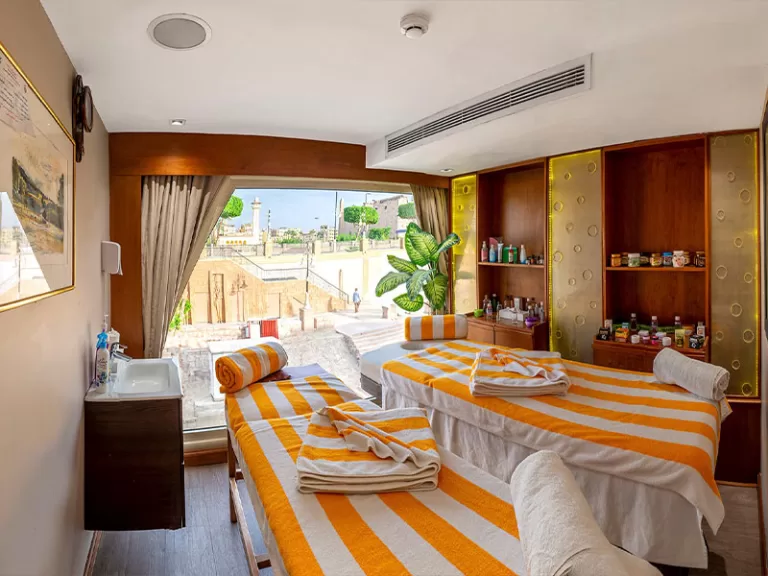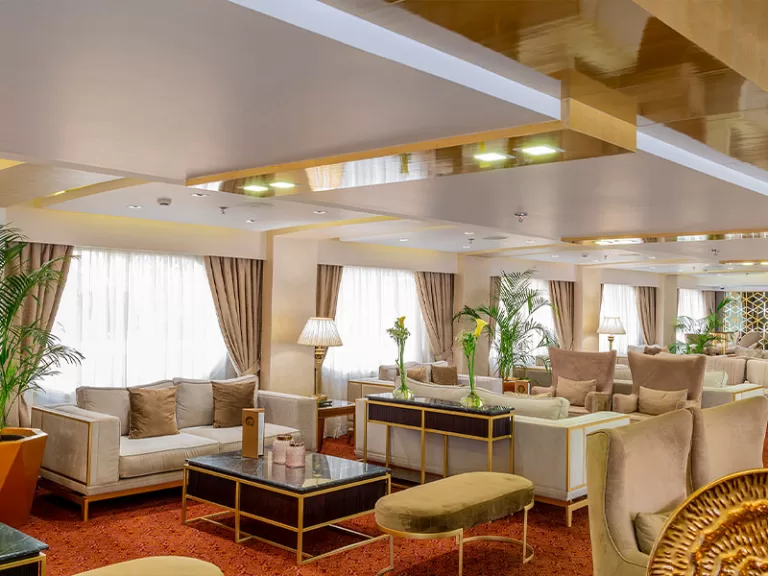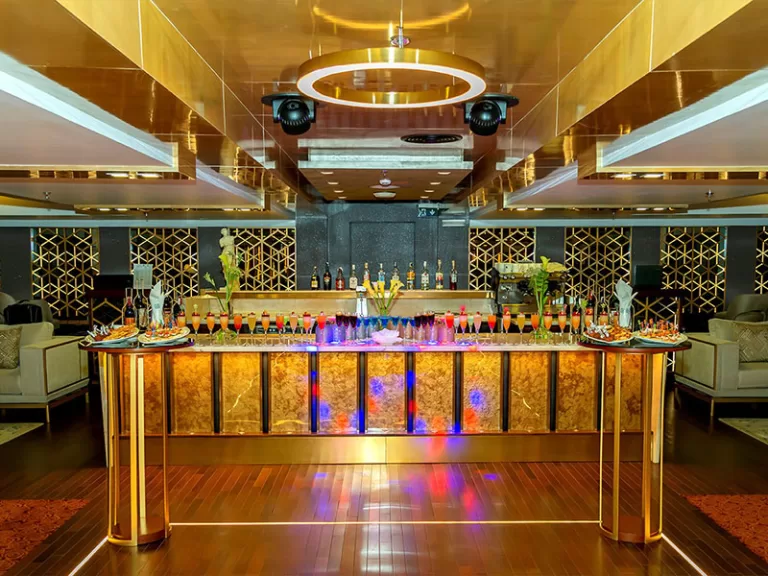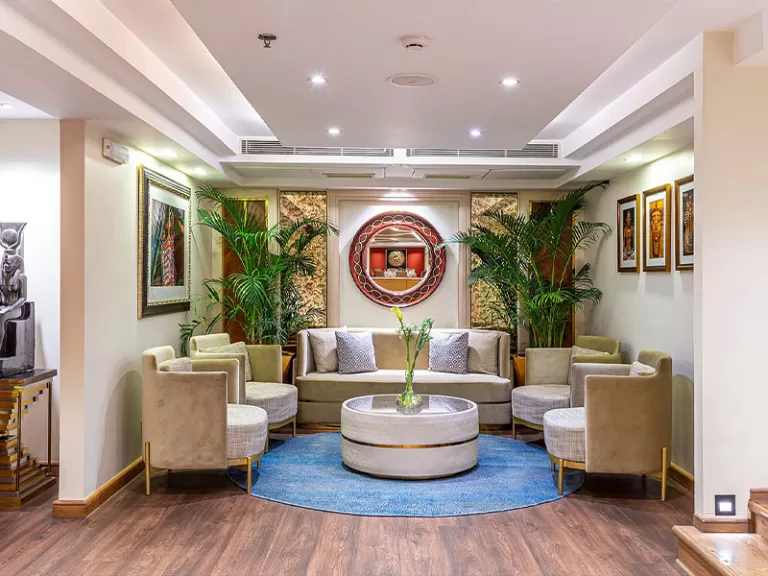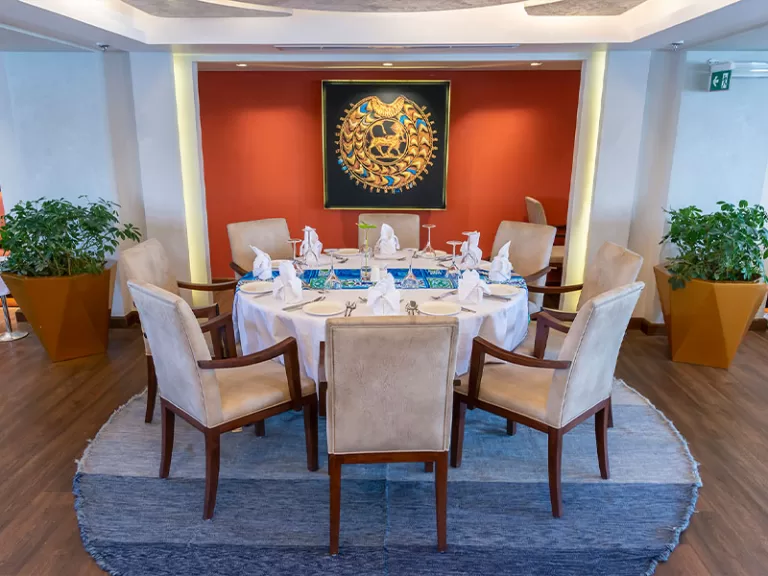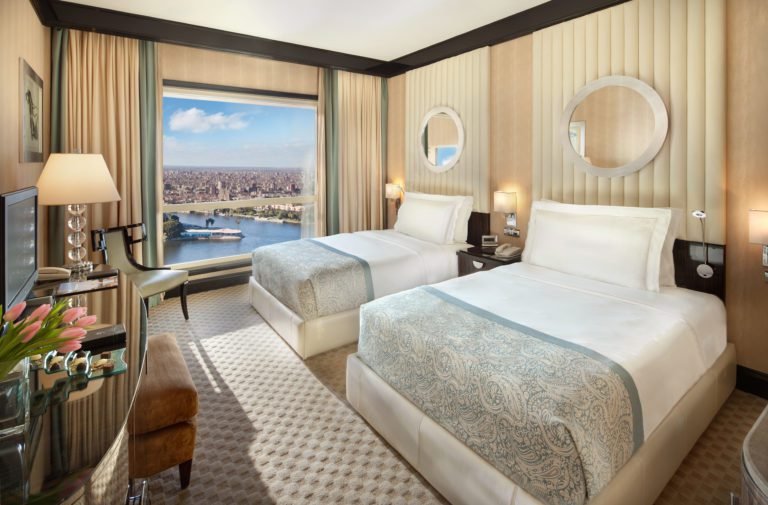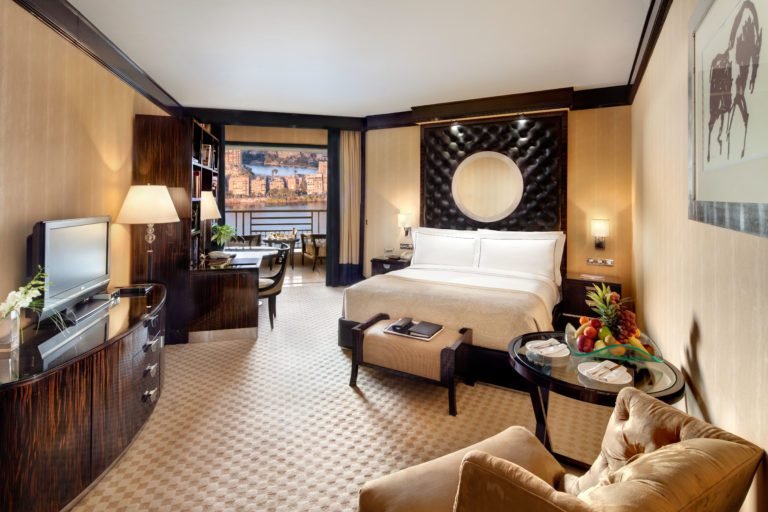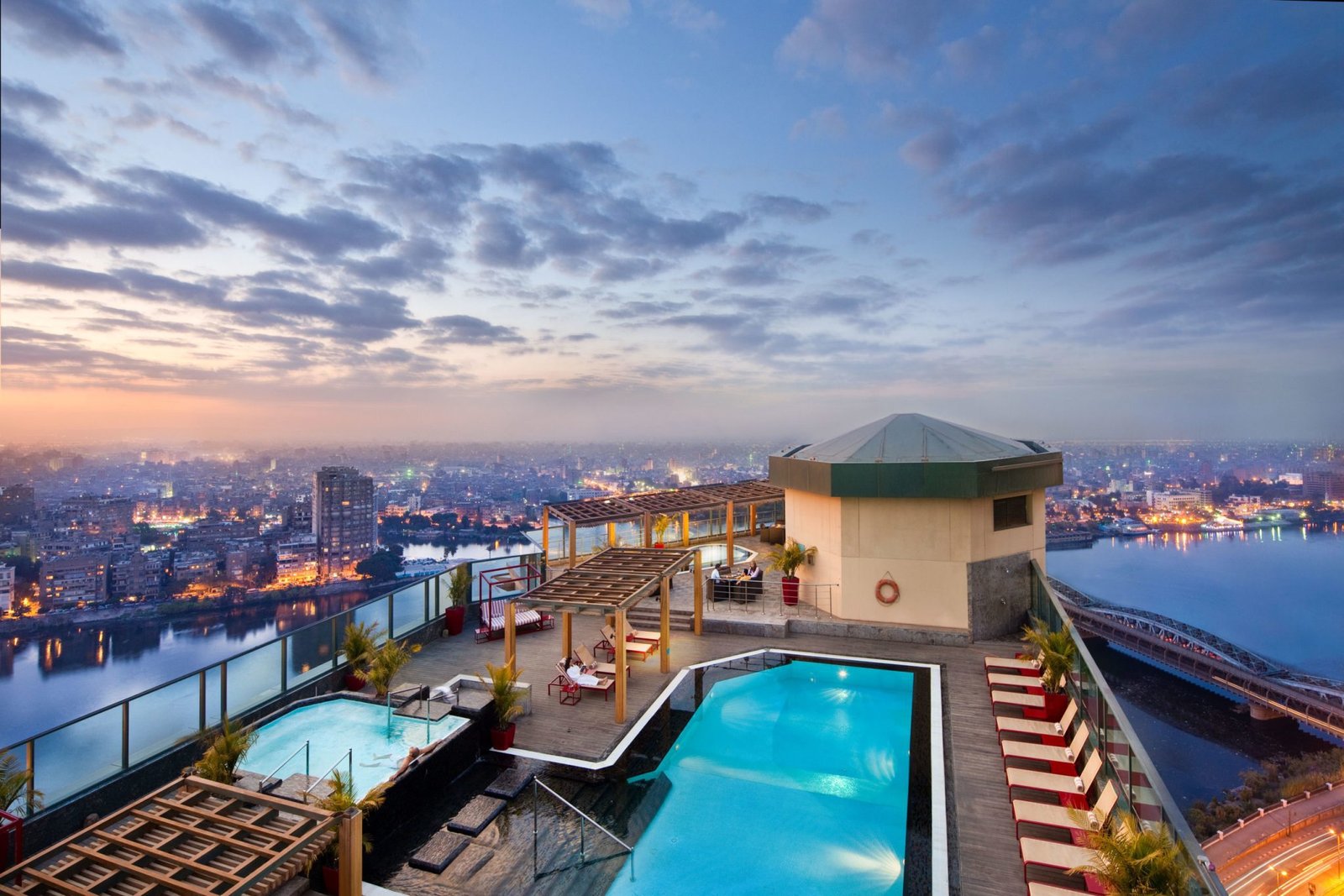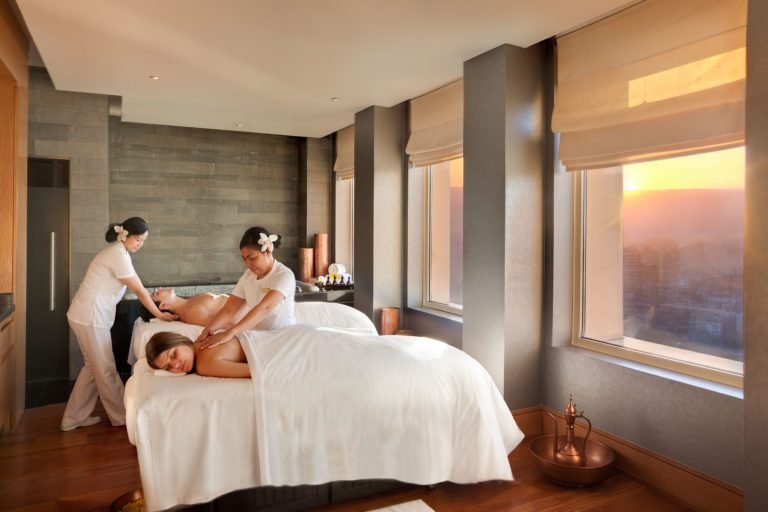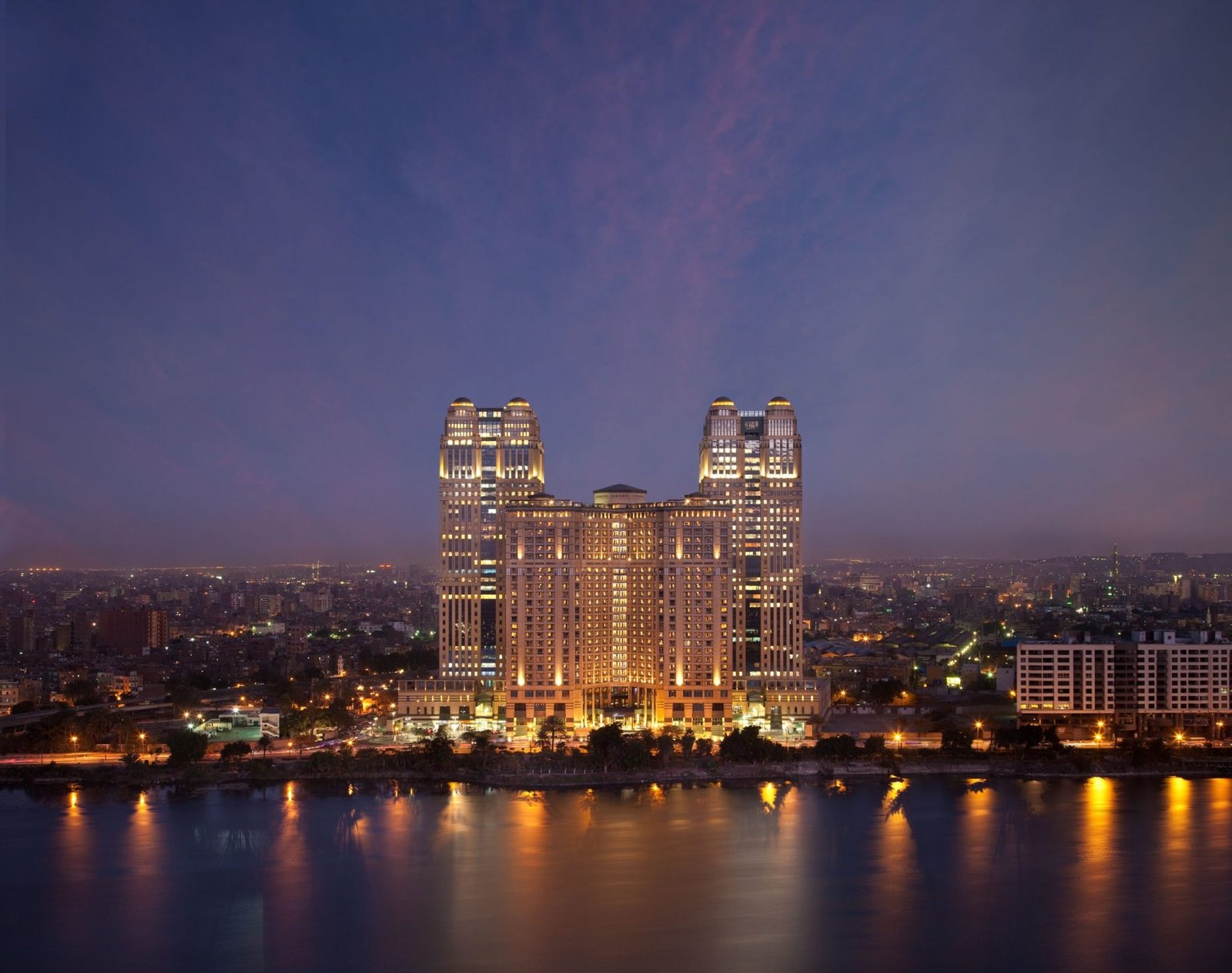Egypt Etiquette: What Tourists Should Never Do
Table of Contents
Navigating Egypt with Respect
Egypt, with its awe-inspiring pyramids, bustling bazaars, and rich cultural heritage, is a dream destination for many travelers. However, as with any country, there are social customs and traditions that tourists should be mindful of. Egyptians are known for their hospitality and warmth, but certain behaviors can come off as disrespectful or rude. To ensure a smooth and enriching experience, it’s essential to understand and respect local etiquette.
Key Takeaways:
✔ Dress modestly, especially in religious or conservative areas.
✔ Public displays of affection are frowned upon.
✔ Always ask before taking photos of people.
✔ Respect religious customs, particularly during Ramadan.
✔ Tipping (baksheesh) is customary and appreciated.
✔ Avoid discussing politics or controversial topics.

Dress Modestly: Blending in with Egyptian Norms
Egypt is a predominantly Muslim country, and modest attire is expected, particularly in religious or rural areas. While major tourist hubs like Cairo or Sharm El Sheikh are more relaxed, conservative dress is still recommended to avoid unwanted attention.
What to Wear:
Women: Loose-fitting clothes that cover the shoulders and knees. A scarf may be required when entering mosques.
Men: Avoid shorts in formal settings; lightweight pants and t-shirts are ideal.
Public Behavior & Gestures: Avoiding Cultural Missteps
Egyptians are warm and friendly, but certain public behaviors can be considered inappropriate.
What to Avoid:
Public Displays of Affection: Kissing or excessive touching in public is frowned upon.
Pointing with a Finger: Instead, use an open hand or nod.
Thumbs Up Gesture: In some areas, this can be offensive.
Respect for Religion: Key Dos and Don’ts
Islam is a fundamental part of Egyptian culture, and religious customs should be respected.
Guidelines for Tourists:
Dress appropriately when visiting mosques. Women may need to cover their hair.
Avoid loud conversations or disruptions in religious places.
Do not eat, drink, or smoke in public during Ramadan.
Social Interactions & Greetings: Navigating Personal Space
Egyptians value politeness and formality in interactions.
Key Etiquette Points:
Always greet with “As-salamu alaykum” (peace be upon you).
Use your right hand for handshakes, exchanging money, or giving gifts.
Men should wait for a woman to extend her hand first before shaking.


Tipping (Baksheesh): A Customary Gesture
Tipping is an integral part of Egyptian culture and is expected in many service-based interactions.
When to Tip:
Hotel staff, taxi drivers, and restaurant servers.
Museum guides and tour operators.
Bathroom attendants in public restrooms.
Photography Etiquette: Seeking Permission First
Egypt offers stunning photography opportunities, but some subjects require discretion.
Photography Dos and Don’ts:
✔ Always ask permission before taking photos of locals, especially women.
✔ Follow regulations at historical sites—some prohibit photography.
❌ Avoid photographing military personnel or government buildings.
Bargaining in Markets: The Art of Haggling
Egyptian markets are vibrant and full of energy, and bargaining is expected. However, it should be done with respect and patience.
Tips for Haggling:
Start with a lower offer but remain fair.
Keep the negotiation friendly and lighthearted.
Be prepared to walk away if the price doesn’t suit you.
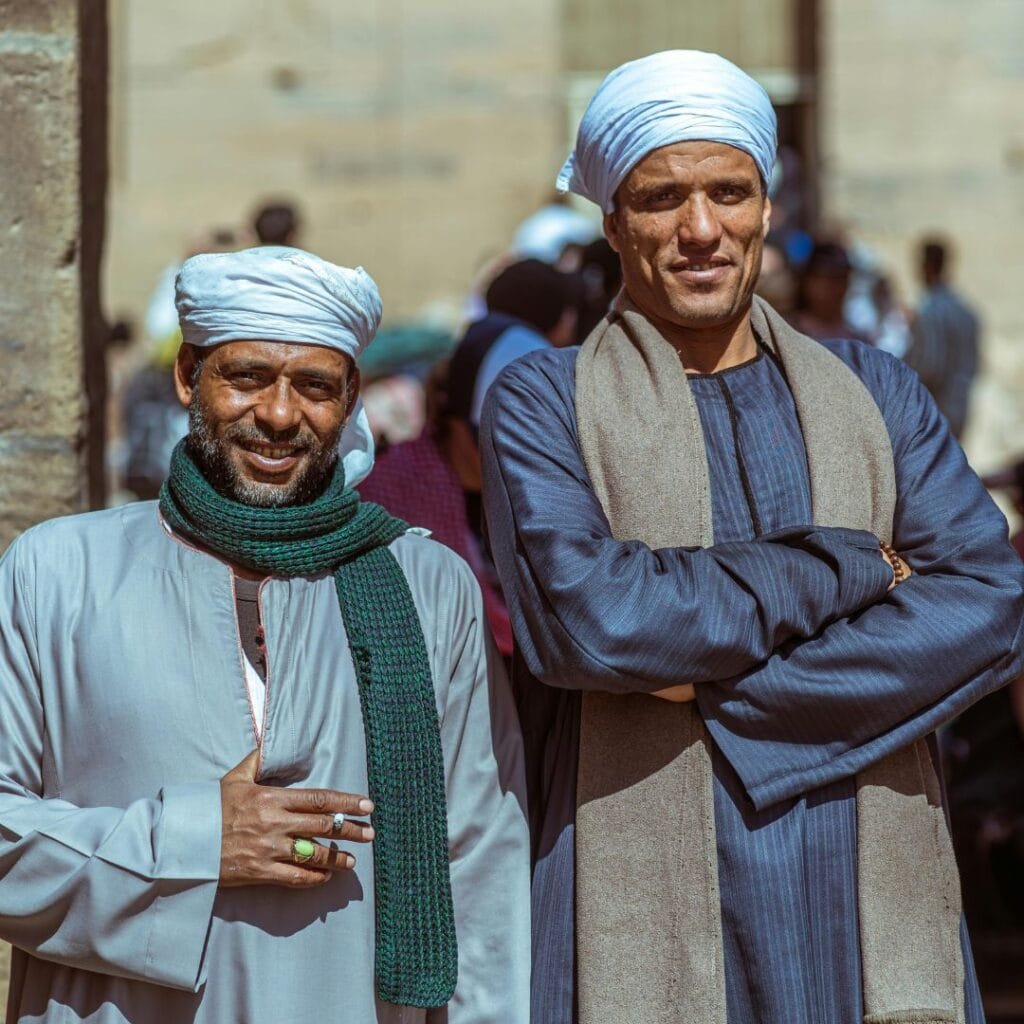
Avoid Political Discussions: A Sensitive Topic
Egyptian politics can be a delicate subject, and it’s best to steer clear of discussing government policies or recent events. Criticizing the government or engaging in political debates can lead to uncomfortable or even risky situations.
Enjoying Egypt with Cultural Awareness
By being mindful of these cultural norms, tourists can ensure a more enjoyable and respectful experience in Egypt. Embrace the hospitality, explore the rich history, and immerse yourself in the local culture while being a responsible and considerate traveler.
Planning a trip to Egypt?
Share your thoughts or ask questions in the comments below! Need a custom itinerary? Contact us for expert travel planning.
Join our Email List
Past Blog Posts
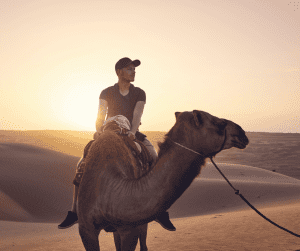
Planning a Trip to Egypt? Here’s How Long You Need
Think you can “do” Egypt in 3 days? Think again. From ancient tombs to Nile-side secrets, this guide reveals why the magic of Egypt demands more than a layover—and shows you exactly how many days you really need to make it unforgettable. Don’t book that flight until you read this.

How Far Does $100 Go in Egypt?
Think $100 won’t get you far? In Egypt, it’s a game-changer. From luxury hotels to mouthwatering meals and ancient wonders, see how far your dollar really goes. This guide breaks down real costs, insider tips, and jaw-dropping experiences you can afford—without breaking the bank.

Private Egyptologist Tours: Unlock Egypt’s Hidden Secrets in Luxury
Step beyond the velvet ropes of Egypt’s most iconic sites. With a private Egyptologist as your guide, you’ll uncover hidden chambers, untold stories, and experience ancient wonders far from the tourist crowds. This is discovery at its most exclusive—where history meets luxury.

